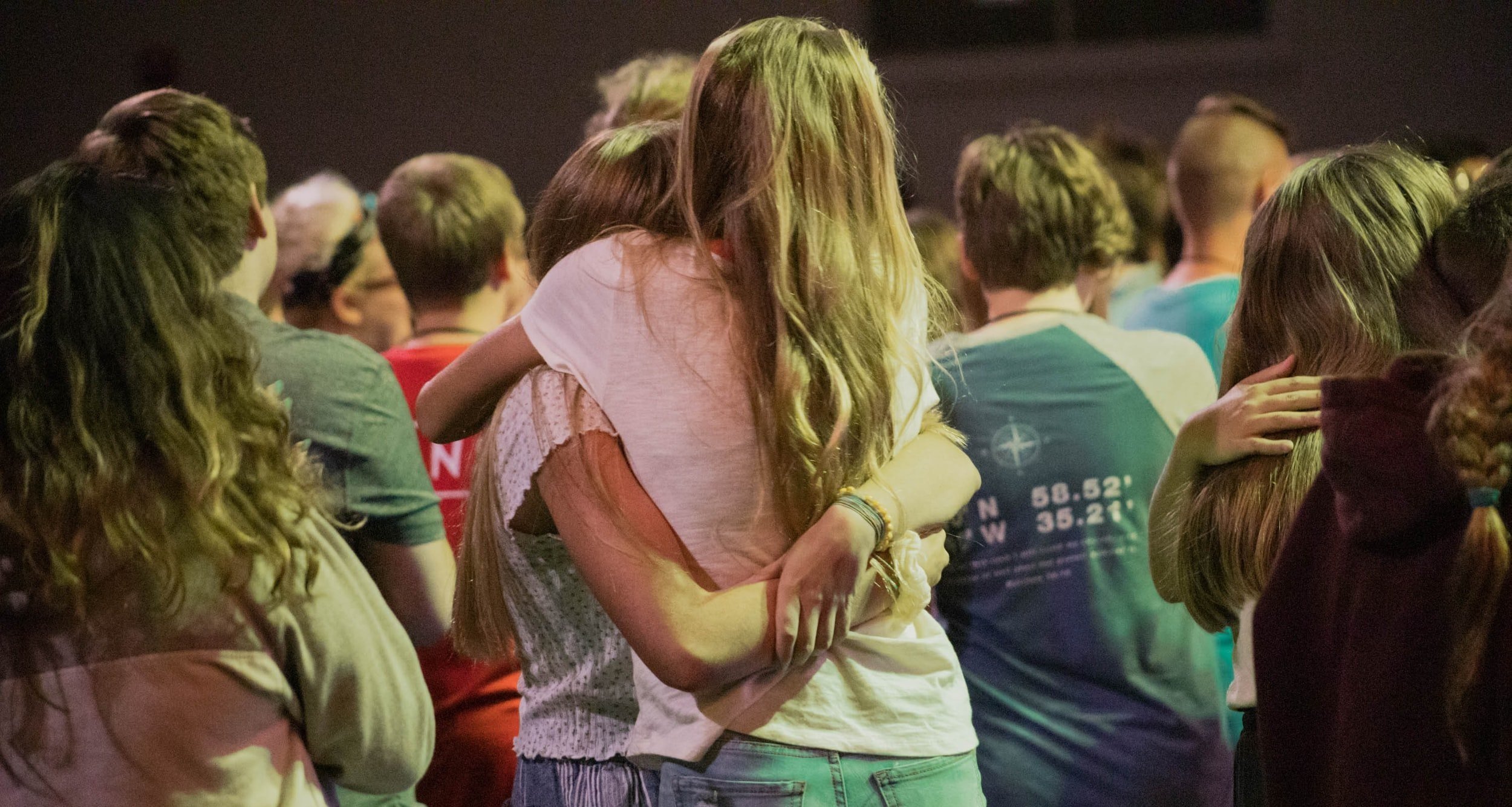
We are survivors of Enthusiastic Sobriety Abuse
Enthusiastic Sobriety Abuse Alliance, Inc. is a volunteer based, survivor-lead nonprofit organization.
Our mission is to spread awareness of the patterns of abuses in Enthusiastic Sobriety Teen Drug and Alcohol Rehab Programs in order to protect potential families from years of abuse. We are collecting complaints from survivors and current members to report abuses and ethical violations to local governmental oversight agencies and state addiction counseling licensing boards.
We also strive to provide support resources and cult information to our Enthusiastic Sobriety Survivor community.
Participate in the Anonymous Mass Complaint.
This Anonymous Mass Complaint Form is open to all Group and Staff survivors from any Enthusiastic Sobriety Program. Testimonies and Data from this form will be sent to State Addiction Counseling Licensing Boards and other Governmental Oversight Agencies that regulate Intensive Outpatient Programs and Residential Substance Abuse Treatment Programs.
Tell Your Story.
Share your story to help other survivors feel heard, seen and understood. We aim to expose the consistent patterns of abuses in Enthusiastic Sobriety Programs and prevent potential families from years of suffering from undue influence and abuse under the guise of drug and alcohol treatment. Enthusiastic Sobriety Survivor stories can be submitted anonymously by former group members, staff and families.
STEP TWO RECOVERY CENTER: Intent to Revoke License
In 2023, ESAAlliance submitted a complaints to Arizona Behavioral Health Licensing which prompted an investigation by AZDHS. Step Two Recovery Center was found with 19 violations during the probe. Learn more about the investigation and what's being done about it.

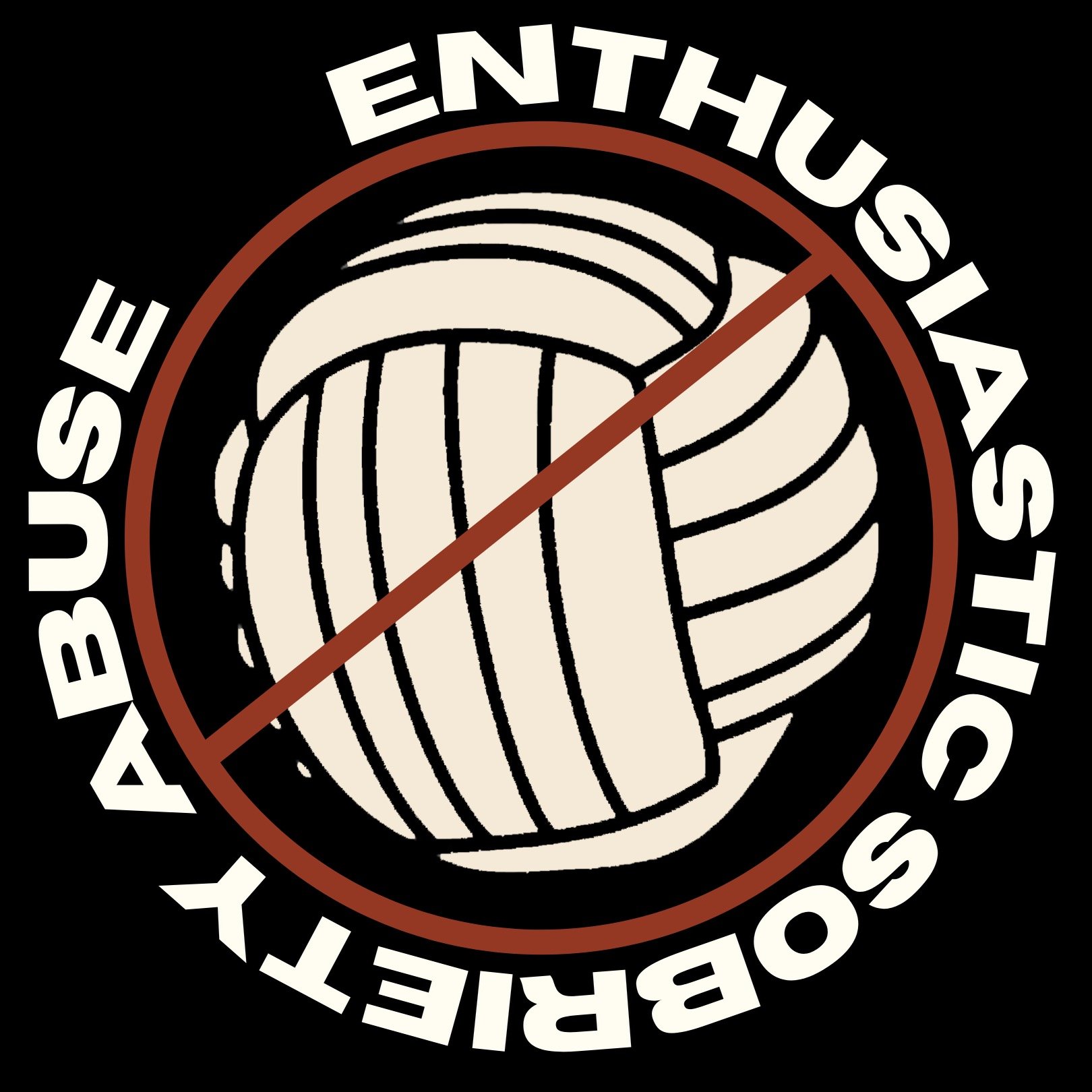
Meehan Institute for Counselor Training
Learn more about the secretive experience of substance abuse counseling training at The Meehan Institute. Read and download a copy of the Training Application Packet, Training Manual and the Prelude to Intervention, written by Mike Weiland.
You’ll also find Bob Meehan “substance abuse treatment for teens” training videos, addiction counseling training notes from Staff, what substance abuse and addiction counseling credentials actually require, as well as learn the salaries and hours of the substance abuse counseling staff.
-

Current Members
We are here for you. Ask us questions, take time to investigate on your own, decide what rings true for you and know that we are here for you if you ever need a different perspective or how to make a safe plan to leave an Enthusiastic Sobriety Program.
-

Current Staff
It’s okay to question yourself. Are you asking yourself if your values truly align with that of the Program? Do you feel like you're hiding that you're not as bought in as everyone else? Do you dread going to Purpose and hope you didn't do anything that would put focus on you? We are here to help.
-

Program Data
225 Survivors have submitted complaints through the Anonymous Mass Complaint Form. We have compiled all the anonymous data and organized it by state. The data and testimonies will be submitted to Addiction Counseling Licensing Boards.
-

Survivor Support
Fellow Enthusiastic Sobriety Survivors have curated helpful resources and information on cult recovery, adolescent substance abuse treatment, self help books, making friends after leaving the group and a survivor community support network phone list.
“Treatment Shouldn’t Leave A Community of Survivors”
Enthusiastic Sobriety Survivor Stories
For Parents and Families of Enthusiastic Sobriety Survivors
Most parents have no idea what goes on in Enthusiastic Sobriety Programs. Overnight, kids became smiling, happy and loving children with a host of instant friends. The Program seemed to work miracles as a teen and young adult substance abuse treatment program. However, parents see their kids less and less while in The Program, and the kids begin cutting ties with everyone not involved - including other family members - or even run into criminal charges from a “fun felony.” Enthusiastic Sobriety Abuse Alliance hopes to provide resources and understanding to parents who are just coming to understand the nature of Enthusiastic Sobriety Programs.
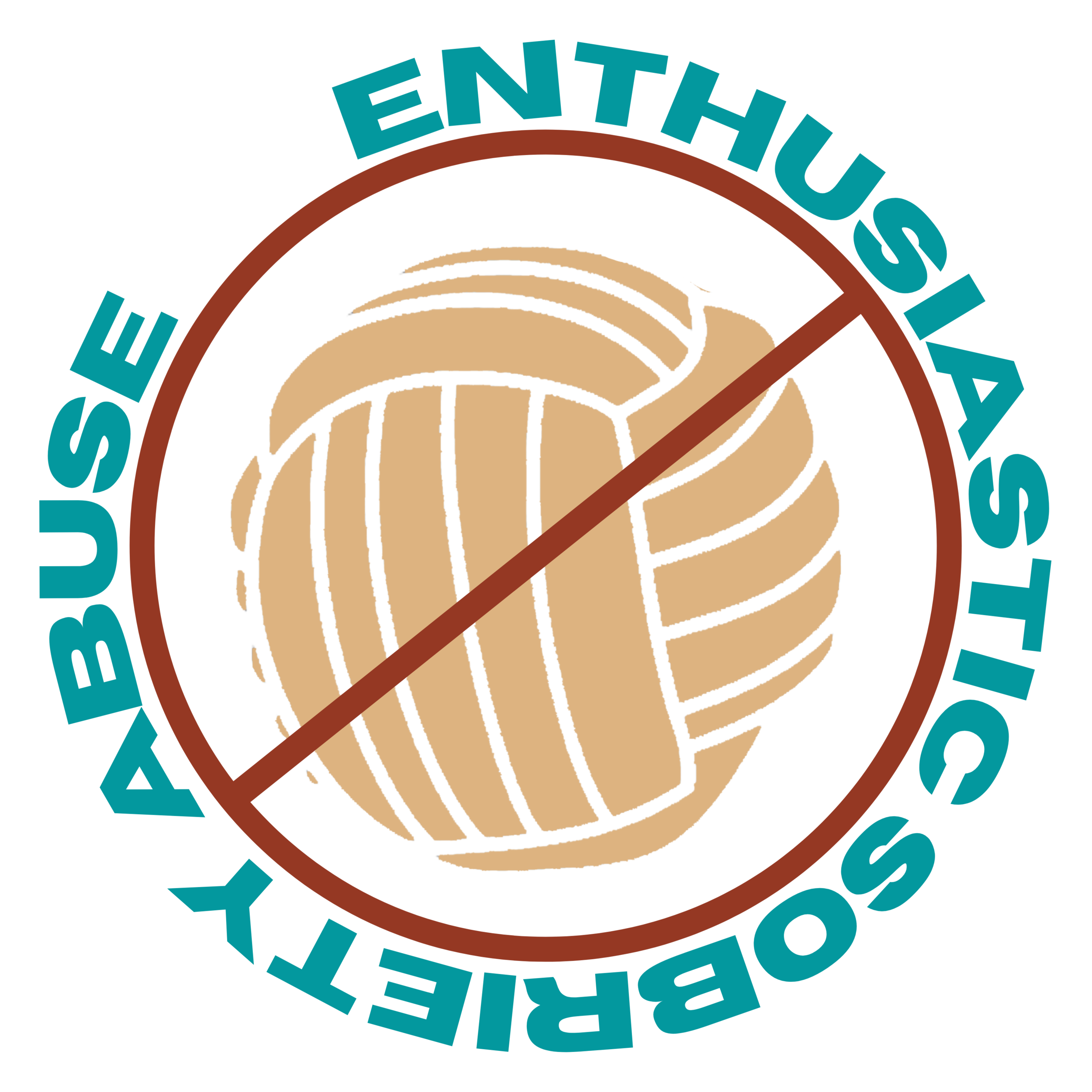
“The Abuse is The Treatment”
Visit our Substance Abuse Support page to see how Bob Meehan’s 12 Steps compare the original 12 Step Program.
Enthusiastic Sobriety’s 12 Steps for Teens and Young Adults
Written by Bob Meehan, in his self-published book, Beyond the Yellow Brick Road: Our Children and Drugs.
-
In Bob Meehan’s self-published book, Beyond the Yellow Brick Road, he states:
“the (drug) abuser blamed his problems on police, his parents, his teachers, his boss, his friends, his enemies, God, Iranian students, and all other “white folks” who were convenient targets… In the first step of recovery, the abuser must find a new villain… This villain is drugs.”
The emphasis on mind-changing chemicals goes far beyond intoxicating or illegal substances in Enthusiastic Sobriety programs. Mind or “mood-altering” chemicals include birth control, anti-depressants, and virtually all medications to physical ailments. Survivors are regularly taken off of their medications “cold turkey” which enable emotional and physical destabilization and dysregulation. A convenient precursor to “insanity.”
-
In Bob Meehan’s self-published book, Beyond the Yellow Brick Road, he states:
“In our “get high” society, just about everyone he knows is an obstacle (to sobriety)… It takes about one year to 18 months sober before a person will have the strength and confidence to mingle comfortably again in our “get-high” society.” page 125.
Here is where the indoctrination and cult-like isolation begins in Enthusiastic Sobriety Programs. Bob Meehan explains that everyone in society is an obstacle or risk factor to someone’s sobriety. He also points out that 18 months of sobriety is the typical length of time for someone to re-enter into society, which is conveniently the minimum length of time clients remain in The Group. This assures the clients and parents that this intense isolation from society for a long duration of time is necessary.
Bob Meehan then continues this train of thought to include isolation from family members. Bob justifies this with an example of his own response to his father who had offered him a beer after some time sober:
“I looked him right in the eyes and said, ‘Yeah, Dad, I can drink a beer, but if I do I’m likely to rape the barmaid and burn this place down before I’m done.’” page 126.
As this is a strange and alarming remark to include in a book on adolescent substance abuse recovery, Bob continues to describe why Group members must isolate themselves from their family:
“For the recovering chemical abuser, most people - and that can include parents, relatives, even close friends - are losers. At least for a while, he must stick with winners, people who do not use mind-abusing chemicals.” page 126.
In short - everyone not in an Enthusiastic Sobriety Program is a loser, and you must “stick with winners” for at least 18 months, though most clients are in the program between 1-5 years, and some Staff members stay for a lifetime.
-
In Bob Meehan’s self-published book, Beyond the Yellow Brick Road, he states:
“Any circle of friends constitutes a Higher Power… That doesn’t make it a sect, a cult, or a religion.”
It is interesting that right off the bat, Bob must reassure you that this ideology does not make up a cult, but his further explanation might be contrary to this early notion. Bob continues:
“A group of people who don’t do drugs represents a positive force that we choose to call God… The goal of my drug program is to reach the largest number of young people possible. So I keep things simple and concrete. Positive peer pressure and the support of a group of people who believe in sobriety are what the recovering drug abuser needs more than anything when he decides to go straight. The support of others is love, which is what God is, right?” - page 129.
After this long, noble explanation of what a loving God is - a group of positive peer pressure - we must reflect back to what Bob and all of the drug abuse counselors in Enthusiastic Sobriety programs believe - that you must “Stick with Winners” which only includes fellow group members and does exclude parents, family members, close non-group friends and society at large. This is a hallmark of high-control groups.
It is of note that reliance upon others to physically keep you sober is not conducive to long term recovery. Most people struggle leaving the program, because they left their entire understanding of a Higher Power with it. In order to stay sober, some clients choose to go through counselor training at the Meehan Institute and become Staff because they have been told repeatedly that it is the only way to stay sober. On Staff, the winner’s circle gets even smaller, as only other Staff members are considered winners - which they can only associate with, date and marry.
-
In Bob Meehan’s self-published book, Beyond the Yellow Brick Road, he states:
“Step Three requires that the abuser recognize that Good Orderly Direction from the positive peer group represents a power that can help him distinguish between right and wrong for himself. Step Four requires that the abuser make a decision to let the power of the group be the major influence in his life… It simply means that when faced with decisions, the abuser must depend upon the positive force of the group to help him choose between right and wrong. The group doesn’t make decisions for him, but its power helps him make the right choice for himself… What’s right for the peer group becomes right for him.”
Here, Bob writes, and the program enforces, that all decision making powers should be based off of what the group would deem right or wrong. With an incredibly isolated community that adheres to a specific doctrine, that separates people into “us vs. them” mentality, is yet another characteristic of a high-control group or cult indoctrination. Many survivors have explained their inability to function or make simple decisions after leaving the program and struggle to find a sense of self or identity post group.
-
In Bob Meehan’s self-published book, Beyond the Yellow Brick Road, he states:
“People don’t want to own their own behavior. We are reared from day one to blame others for our mistakes. Consider the way people usually act when a relationship breaks up. Let’s say a man’s wife cheats on him. He becomes the victim of her betrayal, and paints a picture of himself as the incarnation of purity… This man needs to have a talk with himself. He needs to ask, “How did I fail in this relationship?… Did I play sexual games with her that forced her away from me?… Ultimately, he too must accept 100 percent responsibility for the failure of his marriage.” - Page 132
Bob Meehan is excellent at breaking down complex issues into simple false comparisons and promoting black and white thinking. This is another characteristic of high-control groups, as Robert J. Lifton describes in his eight criteria for thought reform. Regularly, Enthusiastic Sobriety survivors say that while in the program they were made to look for their part in sexual assault, childhood abuse, and even their medical ailments.
Bob continues, “Step Five requires that we make a moral inventory of ourselves… In instances where we blamed others for the bad things that happened to us, we attempt to see how we may have contributed to the problem. The objective standard we use to distinguish right from wrong is the peer group.” - Page 133
Again, the sense of morality is up to the peer group and the enclosed environment Bob has created in his Enthusiastic Sobriety Programs.
-
In Bob Meehan’s self-published book, Beyond the Yellow Brick Road, he states:
“A drug abuser who cannot own his behavior will never beat his drug habit. Total self-honesty must become a way of life. The recovering abuser must see that his problem is in his own soul and that he cannot blame others for his shortcomings. When he blames others, he becomes a victim and provides himself a rationale for taking drugs… In Step Six, we own our behavior and accept our character defects... We must own every action we took and every reaction we provoked from others. We must stop blaming the “white folks” upon whom we have been pawning off our behavior.”
Victim blaming and taking “ownership” for every aspect of ones life is one of the most prevalent and core beliefs of Enthusiastic Sobriety programs. It even goes as far as Bob Meehan preaching that “We chose our lives before we were born” which he uses to reinforce that there are “No Victims, Only Volunteers.”
This is regularly turned against anyone who speaks negatively about the Program, as this simplistic thinking does not allow abuse to occur, but the “victim” is only looking for someone to blame for their perceived misfortune, and are obviously in the midst of active drug addiction, as sober people are never victims.
-
In Bob Meehan’s self-published book, Beyond the Yellow Brick Road, he states:
“This step is similar to Step Four in which we agreed to turn to the Higher Power of the peer group when faced with questions of right and wrong… We now turn to the power of the group to break those patterns, correct the flaws, and accept the wrongs we have committed… We ask the group to help us change the way we are.”
A survivor of The Insight Program explains:
“Here's a use of various strategies, the program was very effective at breaking me down psychologically until I no longer had any sense for what thoughts and feelings of mine were real or accurate. When every single internally generated thought, idea, or feeling is assumed to be invalid, warped, twisted, or sick, then one is left in a state of complete dependence on the group for their grasp on reality. When you can't trust your own thinking and perception, you can't form a cohesive identity or sense of self, the program knows this and uses it very effectively to create identities for each individual that exists only in the context of the group. So not only are you convinced that you will die if you leave, but yourself as an individual dies if you stay.”
-
In Bob Meehan’s self-published book, Beyond the Yellow Brick Road, he states:
“Let’s define our terms here. When we say “harmed,” we are speaking of actions that caused serious physical or emotional damage to another person… My definition of “harmed” was far too loose. Normally, this list will not exceed a dozen names. For teenagers, it often contains far fewer.” - page 135
Bob does not continue to explain his alternative definition of “harmed”, but he does point out a rather short list of owed apologies. (Even though he’s a self-proclaimed ex-convict heroin addict… Seems like he should have more than 12 people to make amends to in his drug using carrier.) The rest of this short passage does eventually get to the point of making a list of people we have harmed.
Another Insight program survivor explains their experience with Step Eight and their Significant Other or S.O. meeting in Outpatient treatment:
“When I was in OP, my counselors kept pushing me to be honest on my SO list. I wrote down what I owned amends for to my family and my counselors didn’t think it was “enough” or “honest.” They kept pushing me to confess something worth apologizing for, and eventually I said that I stole my mom’s car, which never happened. When I said this to my parents, my mom’s eyes nearly popped out of her head. She was shocked at this (untrue) confession - and this absolutely played into both of our commitment and compliance to the program.”
-
In Bob Meehan’s self-published book, Beyond the Yellow Brick Road, he states:
“Whereas, we must be “willing” to make amends to everyone we’ve harmed, and we have to confront only those for whom it is reasonably possible. I wouldn’t recommend anyone jump on an airplane and fly across the country to make amends. If confronting a person would be extremely uncomfortable, I would say it was enough to be willing to make amends. If someone doubts the wisdom of making a particular amend, he can always consult his Higher Power - the judgment of his peer group.”
Two points that stick out here - Bob discourages any amends that might make a person uncomfortable or the group would deem inappropriate, i.e. old friends and people outside the program. Enthusiastic Sobriety programs require group isolation from the outside world - much like cults.
The second point, again with not making amends that would make someone “extremely uncomfortable” - apologies among group members are rare. Typically, when a group member confronts their peer or staff member about their harmful behavior, they are not met with an apology but accused of being “too sensitive” and a plethora of gaslighting phrases.
-
In Bob Meehan’s self-published book, Beyond the Yellow Brick Road, he states:
“This step encourages maintenance of our commitment to honesty and self-awareness. It reminds us that we must continually take inventories and make amends whenever possible. Some people find diaries helpful for working Step Ten. Others meet weekly with a significant other to review their behavior. Step Ten helps us make self-honesty a way of life.”
This is the entirety of the tenth step in Bob’s book. It is surprisingly brief. The struggle that most Enthusiastic Sobriety survivors face is untangling the nuances and the alternative definitions that they were taught while in The Program. On face value, this passage is the least problematic, however, if you were in The Group the messaging is rather loaded. The program requires excessive “oversharing” of all thoughts and “insanities” which blur boundaries of individualism and independent thinking. If you aren’t constantly having appointments, one-on-one talks with peers or counselors, or sharing every thought that comes up, you’re dishonest and spiritually sick.
Having this impression of the 12 steps, and the associated harms and problematic methodology of Enthusiastic Sobriety Programs, Enthusiastic Sobriety survivors often struggle continuing their sobriety in other 12 step programs that use similar phrases.
-
In Bob Meehan’s self-published book, Beyond the Yellow Brick Road, he states:
“Improving our conscious contact with a Higher Power through prayer or meditation does not mean humming on street corners, talking to burning bushes, or chanting oneself into a frenzy… It means stopping for a moment of self-reflection now and then. At meetings, for example, we ask everyone to be silent for a minute to reflect upon a person, a subject, one of the Twelve Steps, or some problem they are having… When we “pray,” we don’t mechanically recite traditional prayers; we simply take a moment to be still, to try to understand the force of love around us, and to ask that force how it wants us to act.”
Sitting still or alone in reflection for a duration of time in the group means you are “in your head” and on your way to a relapse. Bob here suggests that mediation, or the 11th step only requires a moment or a minute of time. That’s because anything longer would allow too much independent thinking. Enthusiastic Sobriety survivors have been explicitly discouraged from meditation or religious worshipping practices while in the program.
-
In Bob Meehan’s self-published book, Beyond the Yellow Brick Road, he states:
“Many groups, once they have transmitted esoteric knowledge to their members, ask them to go out and actively seek new bodies to join the fold. This, I believe, is what makes the “unenlightened” public at large view them as cults. In my drug program we never, never proselytize.”
This is almost one of the biggest red flags in all of Bob’s steps. One, the statement that the group does not proselytize or recruit new members is just inherently false and an outright lie. Each program website offers public speaking engagements for the directors of the program to do just that - recruit new members. It’s also the second time in the steps that Bob has to warn the reader that Enthusiastic Sobriety programs are not cults. Yet he continues to contradict his own promise in the very next sentence:
“Of course, when someone stops taking drugs and sees major improvements in his life, he is likely to feel “enlightened.” Teenagers, especially, can become terribly self-righteous, because by nature they are so compulsive and uncompromising. They may very well go out and try to convince their friends to come to program meetings. There is nothing I can do about that. Suffice it to say that the group puts absolutely no pressure on anyone to bring “guests” to meetings.”
Again, survivors have been telling stories of recruiting their friends, their siblings and going to great lengths to love-bomb and coerce prospective clients to stay - in Texas, survivors have gone to the extremes of kidnapping clients to bring them to meetings. Many Staff survivors have told stories of Purpose Meetings, where the mission was to find the person who was the “spiritual block” preventing new people from joining.

-

Is the Group a Cult?
Cult is a strong word that immediately draws up emotional defenses and usually makes people of think of religious based groups or people living in an enclosed commune. But Cults can come in many forms but operate with the same methods of control and recruitment.
Learn more about the nature of high control groups, undue influence and love bombing. Resources from the nation’s leading cult experts, survivor testimonies and video explanations.
-

The Group Dictionary
Survivors are creating a Group dictionary to expose and better understand the loaded language in The Group.
Loaded language refers to words and terms that are meant to have strong emotional impact, not necessarily a logical one, and which are often used to sway opinion or gain support. The use of loaded language and clichés is meant to constrict knowledge, stop critical thoughts, and reduce emotional complexities.
-

The Group in The News
Enthusiastic Sobriety teen drug and alcohol treatment programs have been accused of being a cult in the media since Dan Rather’s 60 Minute interview in 1980.
Survivors, former staff and parents have since regularly spoken with the press with the same cult allegations for over 50 years.
Read the full archive of Bob Meehan Enthusiastic Sobriety Programs in the news, and see the history of survivors that have been speaking out for decades.
The Group Documentary
The Group is a network of adolescent drug abuse programs created by Bob Meehan and operated by his son-in-law and protege Clint Stonebraker. Ostensibly aimed at helping young people overcome drug addiction, all evidence points to an organization that aims for profits and operates on a cult-like mentality.
This organization, while claiming to have rescued thousands of teens from the horrors of drug addiction, has been repeatedly accused of using cult-like practices to control its teenage followers and their concerned families.
The Group is a feature-length documentary that retraces the director's five year journey through the world of adolescent drug abuse programs. Through interviews with former members, archival photographs and expert witnesses, The Group tells the often personal story of the young people affected by the organization, their struggles with addiction and life after The Group.
Read Our Blog
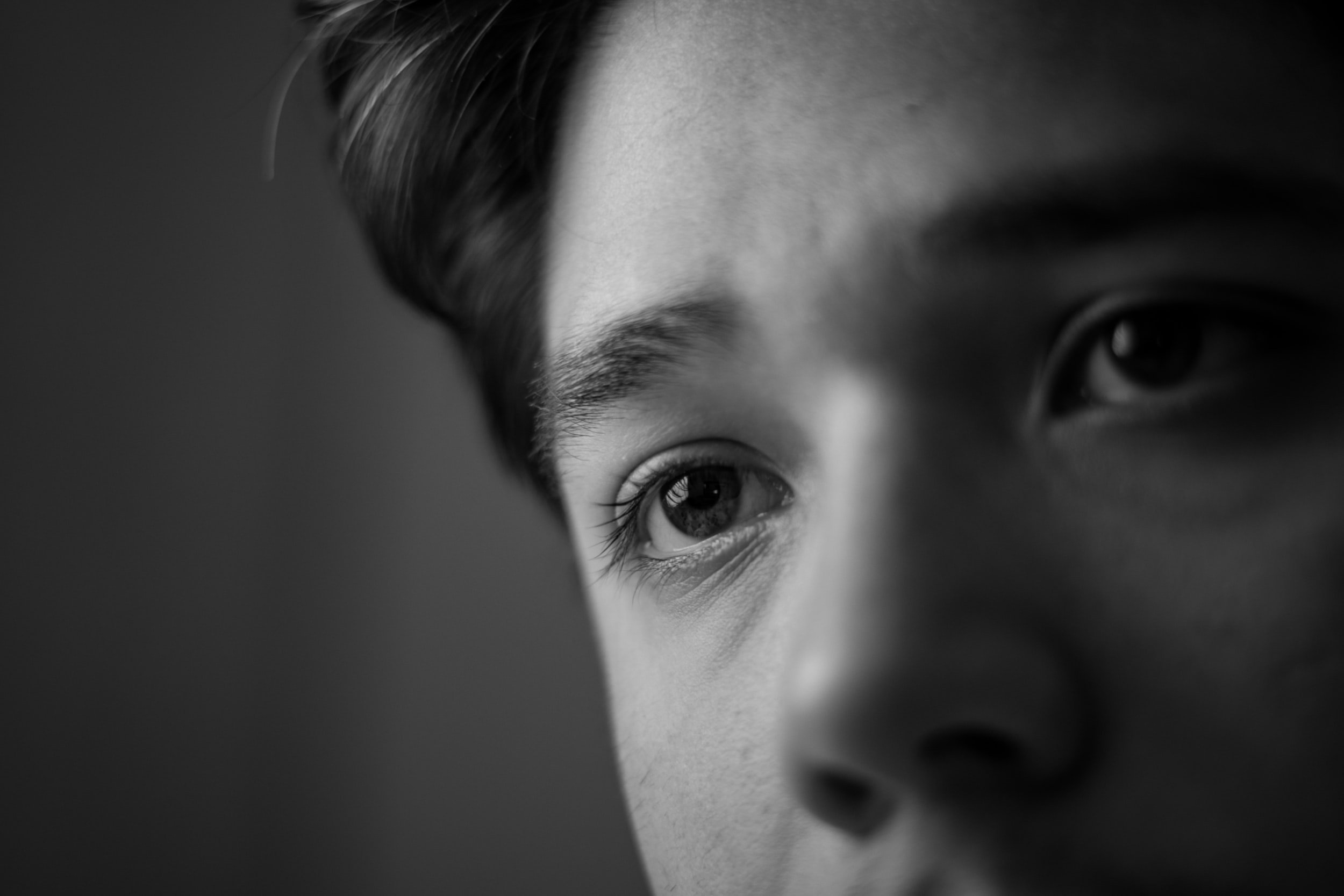
The Troubled Teen Industry
#TroubleTheTeenIndustry #BreakingCodeSilence
The “Troubled Teen Industry” (TTI) is a term for the different facilities for “troubled youth” that represents a multi-billion-dollar industry in the United States. These facilities are sometimes referred to as boot camps, wilderness therapy, secured group homes, teen ranches, reform schools, emotional growth boarding schools, therapeutic boarding schools, religious boarding schools, conversion therapy, behavioral modification schools, residential and outpatient treatment centers, etc.
QR Code Stickers
Enthusiastic Sobriety Abuse Alliance, Inc. (ESAAlliance) is a volunteer based, survivor-lead nonprofit organization. Our mission is to spread awareness of the patterns of abuses in Enthusiastic Sobriety Teen Drug and Alcohol Rehab Programs in order to protect potential families from years of abuse. Each QR Code sticker is uniquely linked to news articles and videos featuring Enthusiastic Sobriety Programs, Enthusiastic Sobriety Abuse social media accounts, The Group Documentary and more. ESAAlliance is not responsible for placement of QR Codes. User discretion is advised.
Upcoming Survivor Support Events.
ESAAlliance hosts online Survivor Support Events as well as promotes Survivor Lead Support Groups that are planned, created and hosted by Program Survivors who volunteer their time and energy to create a safe space for the ESA Community.
Click the link below to learn more and sign up for upcoming events!

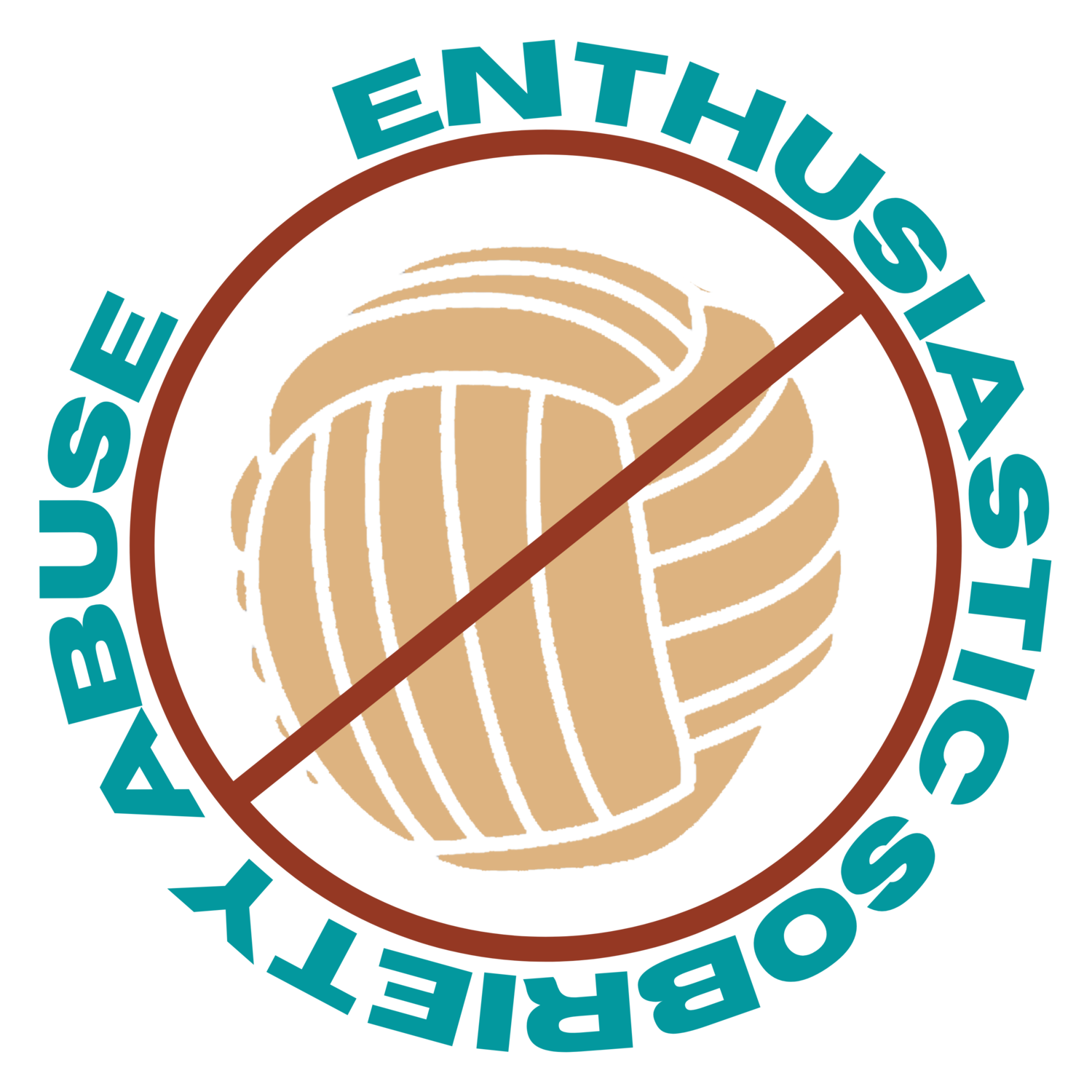

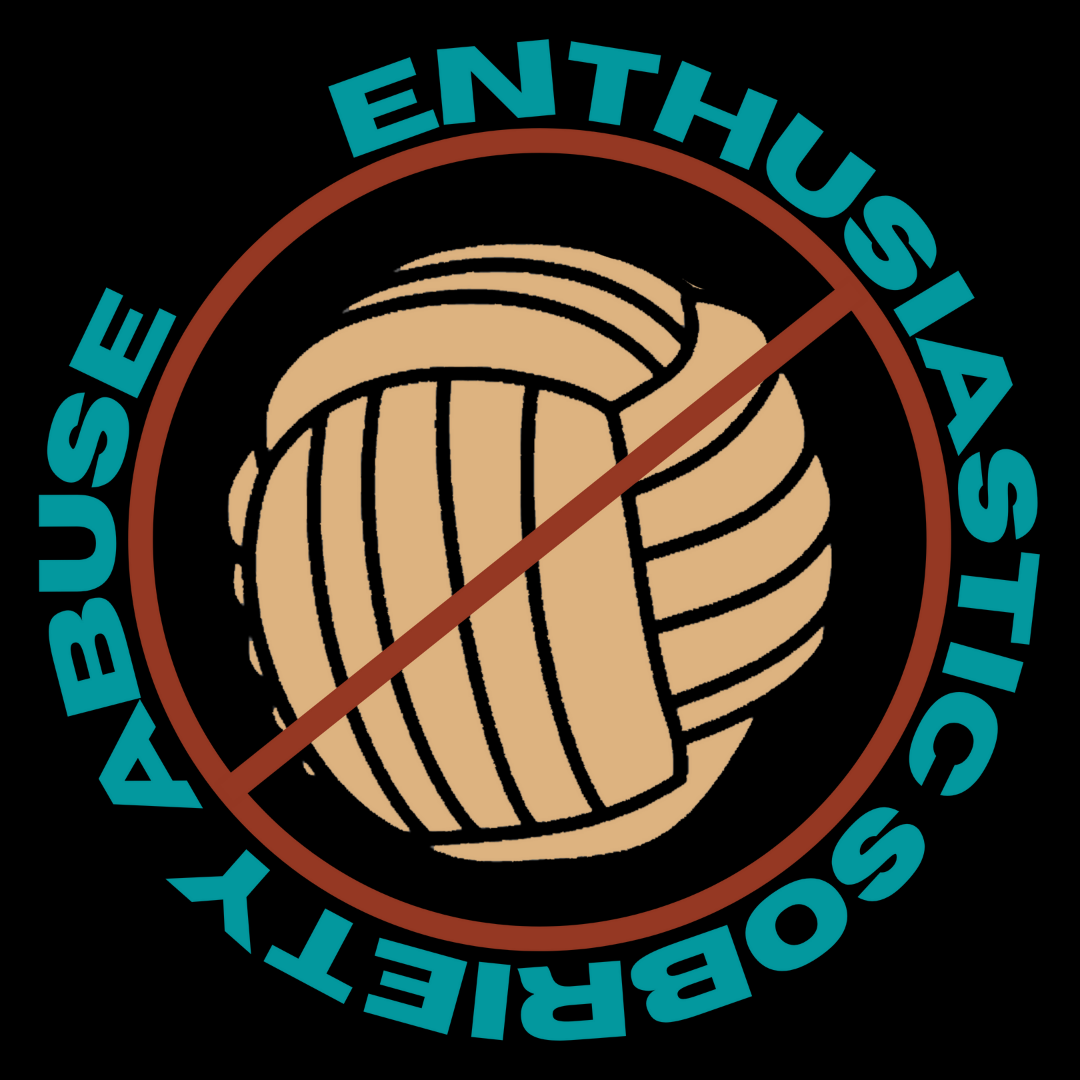

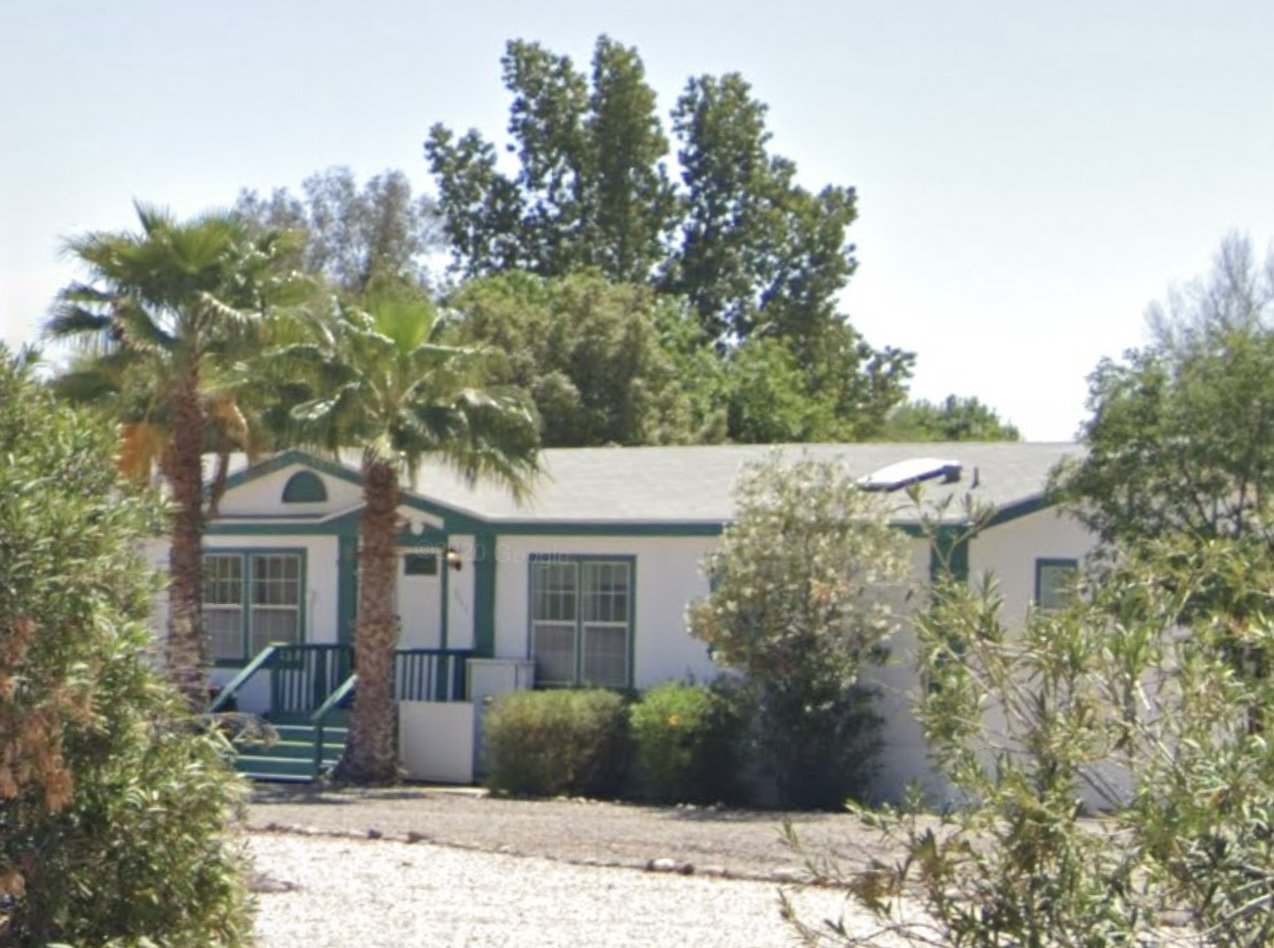









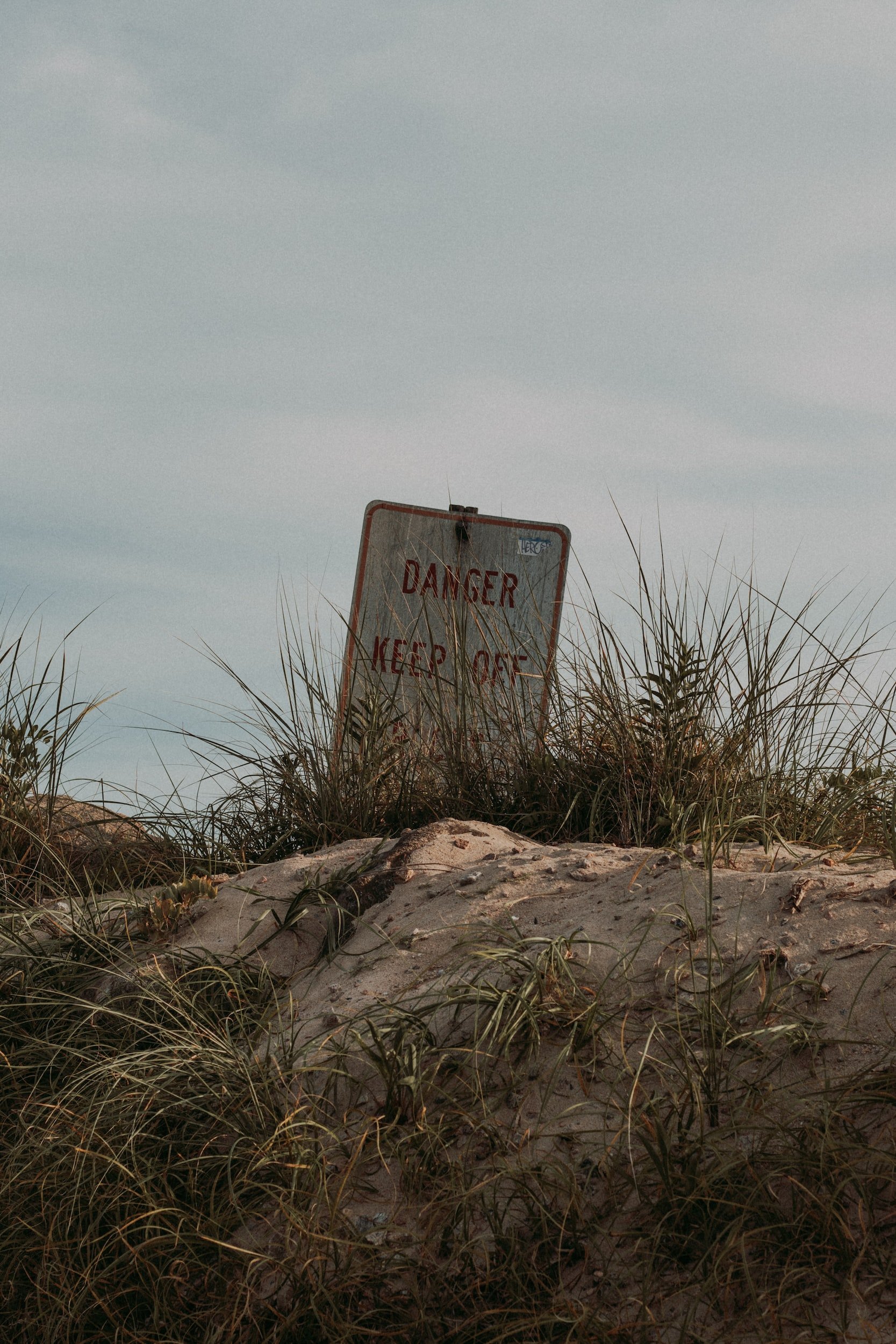


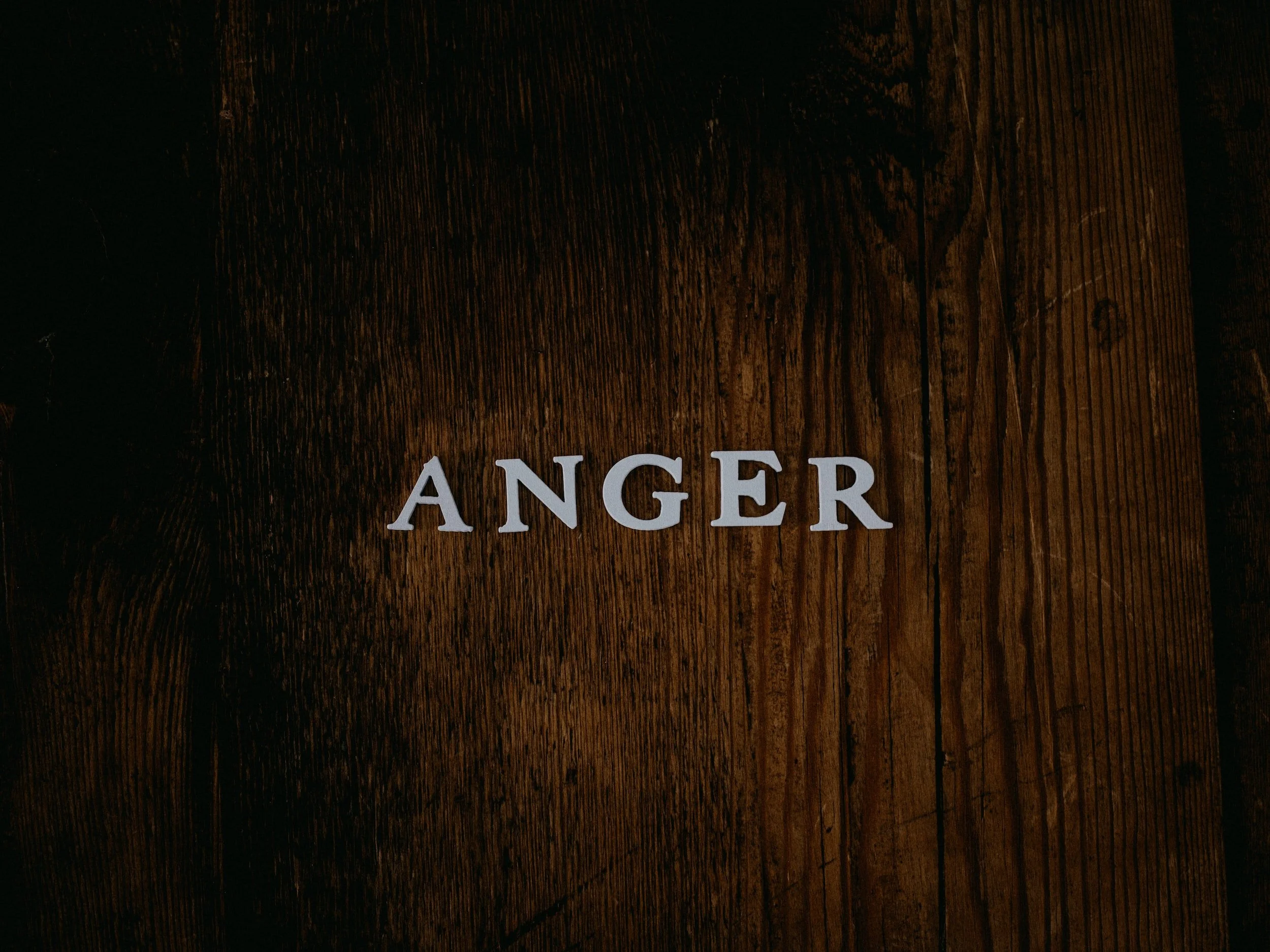


















Insight Program Survivor Story
I was also told that “I don’t wanna walk on eggshells around you, you need to stop being so sensitive” by a counselor because I didn’t want to hear misogynistic, racist, bestiality, rape, incest, and suicide jokes that triggered extreme flashbacks.